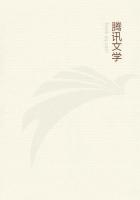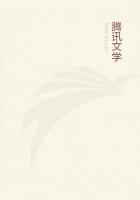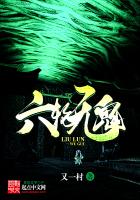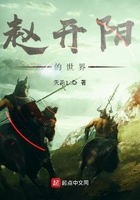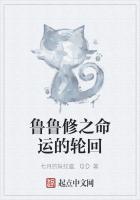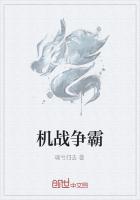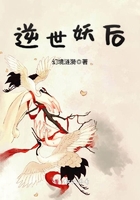Consciousness is the result of the activities of a group of more or less permanently excited areas of the brain--areas having to do with positions of the head, eyes and shoulders; areas having to do with vision, hearing and smell; areas having to do with speech,--these constituting extremely mobile, extremely active parts of the organism. From these consciousness may irradiate to the activities of almost every part of the organism, in different degrees. We are often extremely conscious of the activities of the hands, in less degree of the legs; we may become wrapped up almost completely in a sensation emanating from the *** organs, and under fear or excitement the heart may pound so that we feel and are conscious of it as ordinarily we can never be. The state of consciousness called interest may shift our feeling of self to any part of our body (as in pain, when a part usually out of consciousness swings into it, or when the hand of a lover grips our own so that the great reality of our life at the moment seems to be the consciousness of the hand) or it may fasten us to an outside object until our world narrows to that object, nothing else having any conscious value. This latter phenomenon is very striking in children; they become fascinated by something they hear or see and project themselves, as it were, into that object; they become the "soapiness of soap, or the wetness of water" (to use Chesterton's phrase), and when they listen to a story they hold nothing in reserve. Consciousness may busy itself with its past phases, with the preceding thought, emotion, sensation --how, I do not know--or it may occupy itself mainly with the world of things which are hereby declared to have a reality in our theory. In the first instances we have introspection and subjectiveness, and in the second we have extroversion and objectivity.
[1] For discussion of consciousness read Berkeley, Locke, Hume, Spencer, Lotze, Moyan, James, Wundt, Munsterberg and every other philosopher and psychologist. I have not attempted to discuss the matter from the philosopher's point of view for the very obvious reason that I am no philosopher.
Since consciousness is most intense when the new or unfamiliar is seen, heard, felt or attempted, we may assume it has a chief function in acquainting the individual with the new and unfamiliar and in the establishment of habitual reactions, We are extraordinarily conscious of a queer, unexplainable thing on the horizon, we bring into the limelight (or IT brings into the limelight) all our possible reactions,--fear, flight, anger, fight, circumvention, curiosity and the movements of investigation; we are thrown into the maelstrom of choice. Choice and consciousness, doubt and consciousness, are directly related; it is only when conduct becomes established as habit, with choosing relegated to the background, that consciousness, in so far as the act is concerned, becomes diminished.
A moderate constant sensation tends to disappear from consciousness, as when we keep our hand in warm water. It then takes a certain increase of the stimulus to keep the sensation from lapsing out of consciousness. This lapsing out of consciousness of the steady stimulus, in its ramifications, is responsible for a good deal of the activity of man, since sensation is a goal of effort.[1] Under emotion we become aware of two sets of things,--the reaction of our body in its sum total of pleasure or the reverse, and second the object that sets up this reaction. Consciousness fastens itself on the body and on the world, and the bodily reaction becomes a guide for future action. Extreme bodily reactions are painful and may result in the abolishing of consciousness.
[1] The physiologists speak of this phenomenon under the heading of the Weber-Fechner law, after the two physiologists who gave it prominence. James pokes a good deal of fun at the "law," which is expressed mathematically. Perhaps the mathematics should have been eliminated as too "scientific" for our present attainment, but it does remain true that it is not the ACTUAL stimulus increase that is important in sensation or perception, but the RELATIVE stimulus increase. This is behind all of "getting used to things"; it removes the pain from humiliation and also the novelty from joy. It is the reason behind all of the searching for novelty and excitement.
We assume that consciousness is organic, though we concede that it may be true that it is borrowed from a great pool of consciousness[1] out of which we all come. Consciousness IS organic because a blow on the head may abolish it as may drugs and disease, or a shifting of the blood supply as in emotion or fatigue in the form of sleep, etc. Where does it go to and how does it come back? The savage answered that question by building up the idea of a soul, a thing that might migrate, had an independent existence, took journeys in the form of dreams and lived and flourished after death. Most of these ideas still persist, perhaps as much through the fear of annihilation as anything else, but as to whether or not they are true this book does not concern itself. We have no proof of these matters, but we can prove that we can play on consciousness as we play on a piano, through the body and brain. A blow injures groups of nerve cells and consciousness disappears; when they recover, it returns. Where does any function go when structure is injured? We have practically the same kind of proof for the position of consciousness as a function of the brain and body that we have for gastric juice as a secretion of gastric cells.
[1] Even if it were true that consciousness is the only reality, nobody really believes it in that nobody acts as if it were true.

